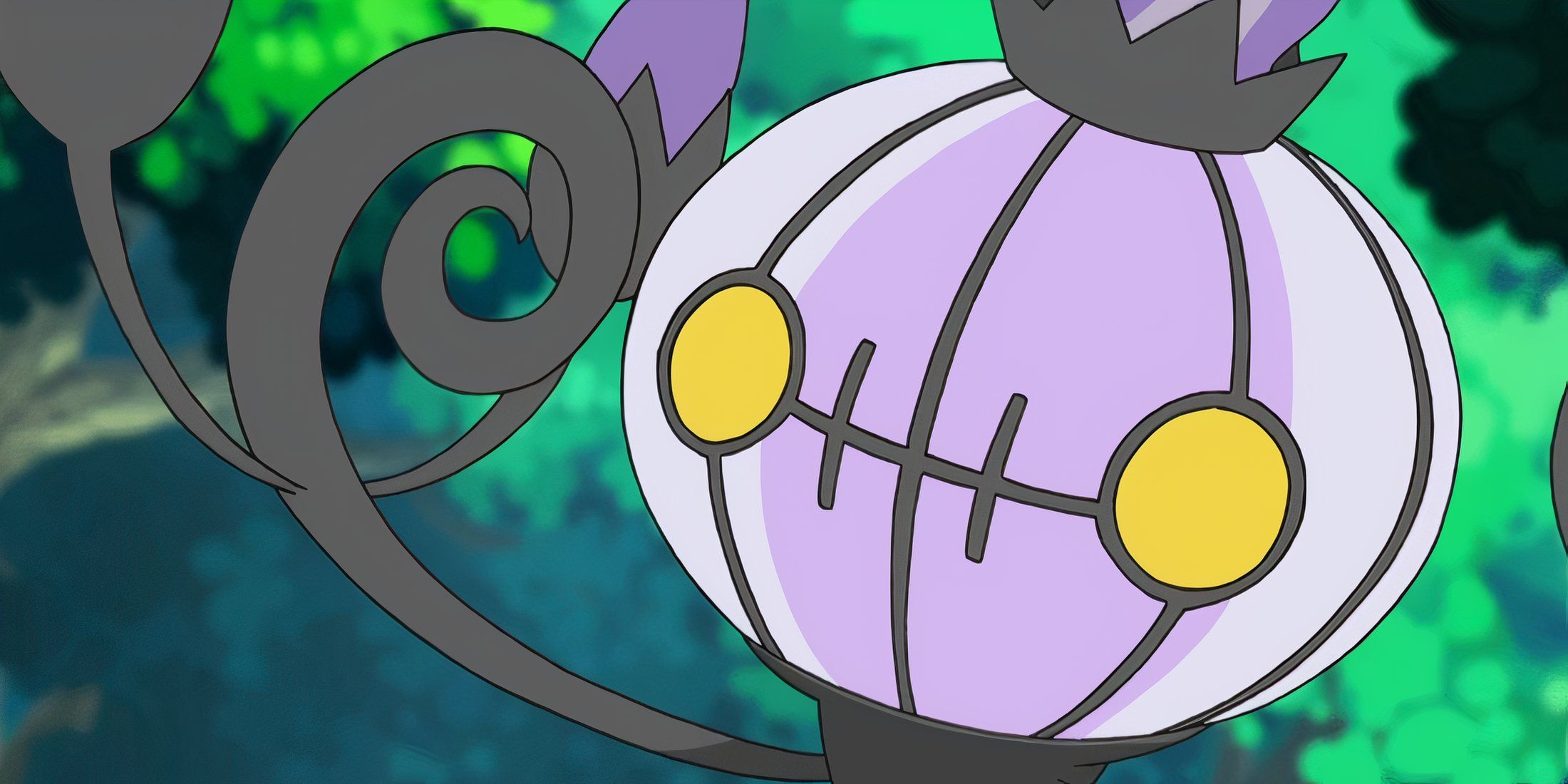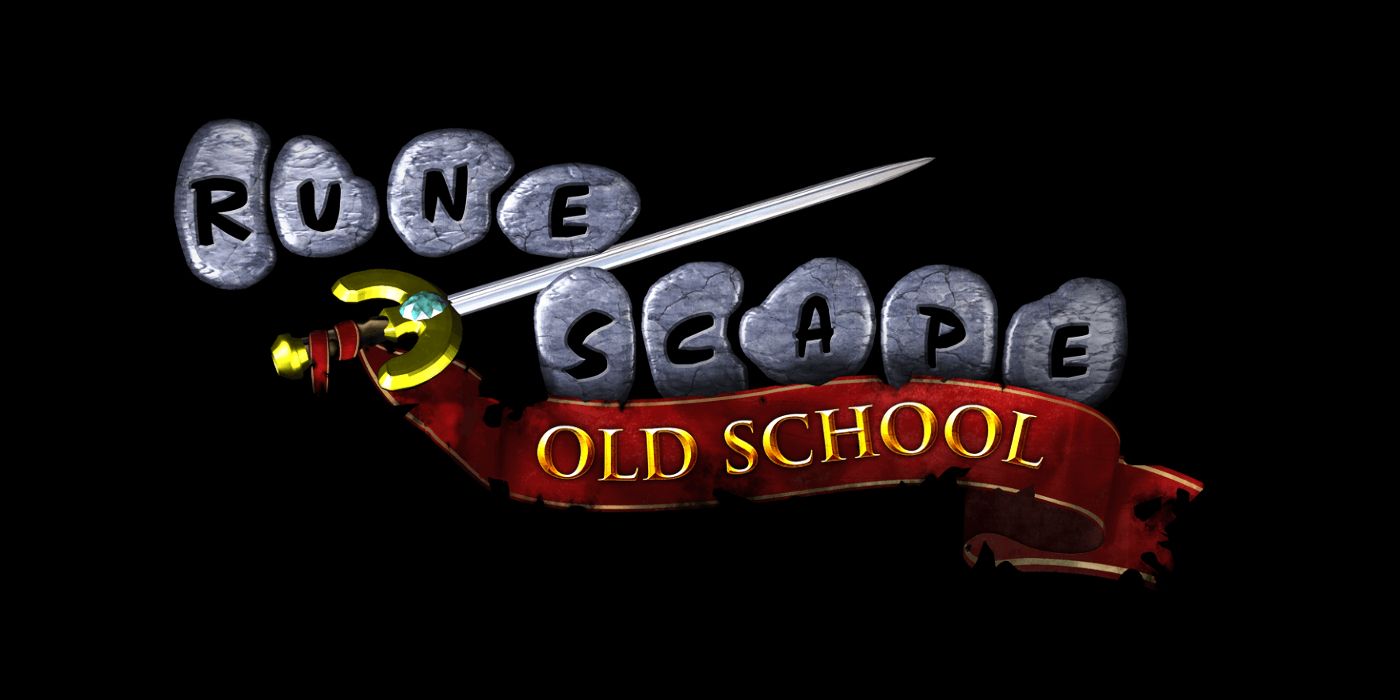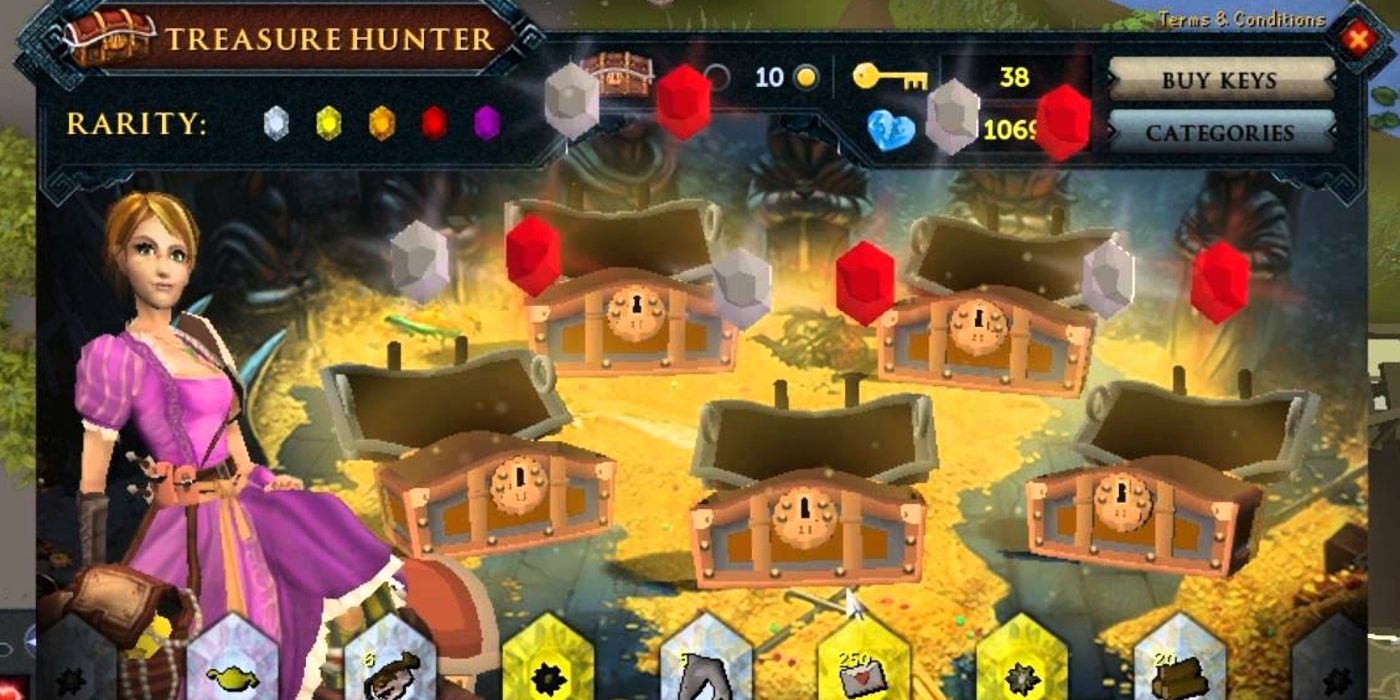Many games are constantly referenced in the ongoing discussion regarding microtransactions in video games. Star Wars Battlefront 2, FIFA, NBA 2K, and Pokemon Go are all examples of commonly referenced games brought up with regards to the subjects of gambling and video game addiction. One game that isn't, but maybe should start, is Runescape. One Runescape player reportedly spent over £50,000, or $62,000, in less than a year -- limited only by developer Jagex's own purchase cap.
A Kotaku breakdown of the UK's recent investigation into "Immersive and addictive technologies" detailed the alleged victim of Jagex's robust Runescape microtransactions. Within the report is a reference to "a member of the public whose adult son built up considerable debts." This son reportedly spent over $62,000 playing Runescape in a single year. This debt is noted to have "caused significant financial harm" to the son and his parents. It's noted in the report that Jagex was unable to take "direct action" in response to the parents' concerns due to "data protection reasons."
The report further detailed Jagex's monetization scheme in Runescape, inquiring with the Director of Player Experience, Kelvin Plomer. According to the report, Plomer described how Runescape players "can potentially spend up to £1,000 a week or £5,000 a month" before the company's cap prevents further purchases. The cap is apparently in place to prevent extreme fraud, implying that it helped this family avoid even more extreme debt only through happenstance.
While the UK report doesn't make clear what microtransactions players could spend so much money on, Kotaku cites the likeliest monetization mechanics. Runescape features a system named Treasure Hunter, featuring treasure chests with randomized loot within them. Keys to open these chests, which reward gameplay-impacting loot, can be bought with real money. Runescape also offers more traditional microtransactions, as well as a subscription, a battle pass, and other premium offerings. But it's the loot chests that likely end up hurting vulnerable players.
The UK investigation and report ultimately resulted in the conclusion that loot boxes should be regulated like gambling. The UK government hasn't yet moved forward with that recommendation, but it's may in the future. Runescape's Treasure Hunter chests certainly fit the description of a loot box, but it's unclear whether updated gambling laws would protect vulnerable players like the man who spent $62,000. Adults can legally gamble, of course.
Nevertheless, public and political outcry continues to grow for certain type of regulation for egregious microtransactions and loot boxes. Recently Sony, Microsoft, and Nintendo announced that they'd publish all loot box odds publicly in an act of self-regulation. Movement to make the industry healthier is happening, albeit slowly.
Source: Kotaku





